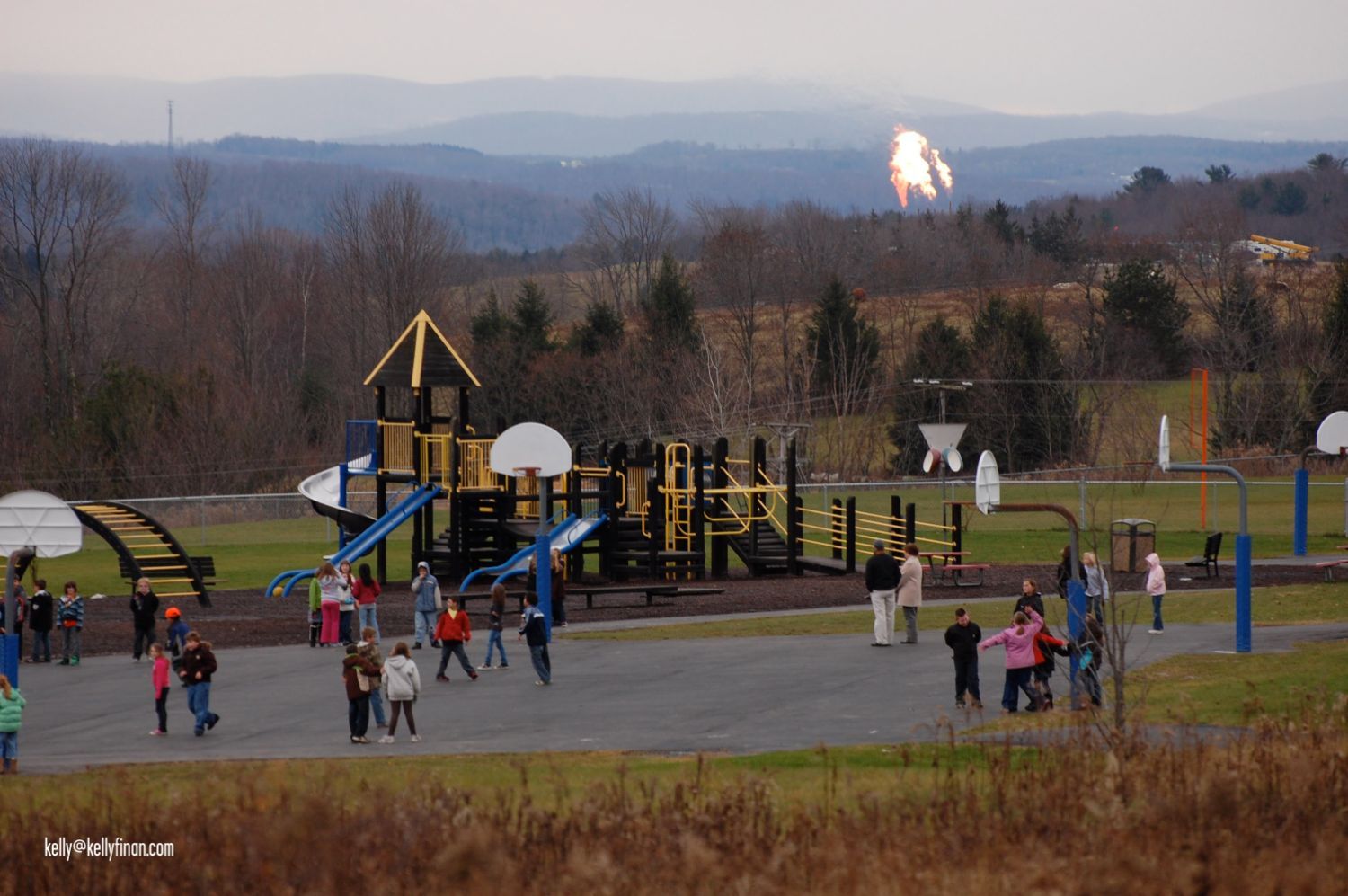Clean Air Council Responds to EPA’s Supplemental Proposal of Methane Pollution Standards for Fracking Wells and Compressor Stations

A 90-day comment period will now begin on the first-ever air pollution standards for existing oil and gas facilities from the U.S. Environmental Protection Agency (EPA).
The oil and gas industry releases significant amounts of climate-changing methane pollution, smog-causing volatile organic compounds (VOC), including the known carcinogens like benzene. After releasing an initial proposal in November 2021, the EPA is now officially proposing standards to limit air pollution from gas drilling wells, compressor stations, and associated oil and gas infrastructure.
Methane is responsible for 30% of the climate chaos the earth is currently experiencing and, according to the U.S. Environmental Protection Agency (EPA), gas and petroleum systems create 32% of the country’s methane emissions, the single largest source. Methane has 87 times the global warming potential of carbon dioxide over a 20-year time period. The World Meteorological Organization recently concluded that the last eight years will be recorded as the hottest ever globally.
“Pennsylvania desperately needs this federal rule to better protect public health and help curb the climate crisis,” said Joseph Otis Minott Esq, Executive Director and Chief Counsel with Clean Air Council. “The state’s proposed rule for similar pollution sources has remained stalled for many years and Pennsylvania’s recent giveaway to the gas industry – $1.75 billion in state subsidies to use fracked methane gas in manufacturing and petrochemical facilities through 2050 – will only encourage continued gas drilling and the pollution that comes with it. Pennsylvania residents need the EPA to require regular leak detection and air monitoring at all gas wells and compressor stations, including smaller ‘low-producing’ wells that emit half the gas industry’s methane pollution.”
“I guide tours of the gas drilling regions of Pennsylvania’s most heavily fracked county, my community, Washington County,” said Lois Bower-Bjornson, Southwestern Pennsylvania Field Organizer for Clean Air Council. “My family and neighbors need this federal rule to combat the negative health impacts, including cancer risks that have increased during the rapid, unregulated expansion of gas drilling in the last decade. A new study by the Clean Air Task Force concluded that 3.3 million Pennsylvanians will be exposed to more than a 1-in-1,000,000 cancer risk in 2023, caused by hazardous air pollutant emissions from the oil and gas industry, mostly in Southwest PA. Pennsylvania will have more residents than any other state in the country exposed to increased cancer risks caused by the gas industry.”
“Philadelphia needs the EPA to reduce methane and volatile organic compound (VOC) pollution from the oil and gas industry now!,” said Ivana Gonzalez, Community Outreach Coordinator at Esperanza, a faith-based community-focused nonprofit organization in Philadelphia. “Philadelphians just went through what could be recorded as the city’s hottest summer ever. For the Hunting Park community, which studies have shown to be one of the four most severe urban heat islands in the city, the consequences of excessive heat and poor air quality are very real.
Lengthy heatwaves increase heat-related illnesses and deaths while significantly raising costs for those with access to home cooling. Poor air quality increases upper respiratory illnesses like asthma, which affects the children in our community two to three times as much as the children from other parts of the city. Excessive heat coupled with poor air quality means that our community members cannot take a breath of fresh air while sitting with a neighbor outside on a summer day without putting their health and wellbeing at serious risk.
Simply put, excessive heat and poor air quality breaks up communities by forcing people to stay inside where they have more control over temperature and air quality. The gas industry can quickly make simple technology upgrades that will reduce air pollution across the country, protecting public health while wasting less gas. The choice should be simple.”
CONTACT: Russell Zerbo, advocate, rzerbo@cleanair.org, 215-567-4004 ext. 130

